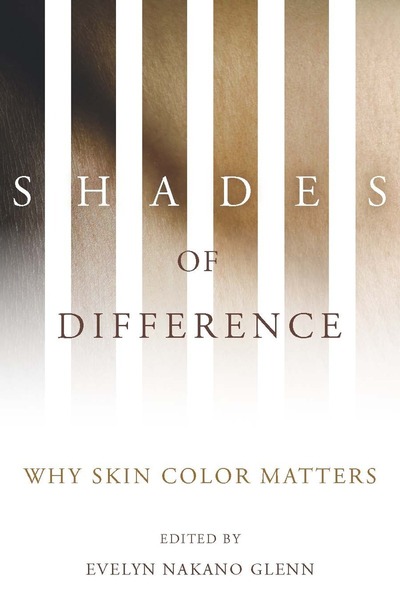Aisha Khan Lecture – New York University Professor Aisha Khan Speaks on Multiculturalism
St. Augustine News – STAN
University of the West Indies
July-September 2006
Page 24
Alake Pilgrim
[Article copied in full for readability. To read in original print layout version (with photographs), click here.]
On the surface of things, Professor Aisha Khan, lecturer in the Department of Anthropology at New York University, might seem like a poster-child for multiculturalism. Born in Bangladesh and raised in California, her research originally took her among the Garifuna people of Honduras. Her first visit to Trinidad was in 1984, and from 1987 to 1989 she conducted research among Trinidadians of East Indian descent in agricultural communities in the southern part of the island to which she has returned several times over the years.
However, Professor Khan, whose research is concerned with religious identity, race relations, social stratification and migration histories, took a very critical perspective on multiculturalism in her lecture. She questioned the extent to which this “slippery term”, which calls for the equal recognition of different “cultures” and “races”, can meaningfully foster greater harmony and equality in society.
Understanding the multiple meanings of multiculturalism requires an analysis of the changing definitions of culture, nationality, religion, race and colour in different contexts. As part of this process, Profesor Khan examined three models of multiculturalism – in the United States (US), Brazil and Trinidad.
In the US, she argued, the multicultural alternative to the “one-drop rule” of non-white inferiority and the assimilationist melting-pot narrative, proposes celebrating the multiple cultures (often referred to as “races”) that make up US society. This trend is evident in articles featuring photos of “mixed race” celebrities like Jessica Alba and Vin Diesel as the new faces of beauty. But does this concept of multiculturalism really unseat the reigning Euro-American, middle-class ideal? To paraphrase Professor Khan, does making difference “cool” actually address structural inequality in societies, such as unequal access to resources like income, housing and education?
She took that question to Brazil, where the idea that miscegenation (a “mixed race” population) and non-racialism (deemphasizing the role of race in the society) had brought about a unified Brazilian nationalism, is currently being critiqued as myth. Contentious issues of affirmative action and a political quota system are now being debated in the public sphere. Paradoxically, Professor Khan stated, the affirmative action approach to multiculturalism both undermines and reinforces the foundations of social inequality, in that it pushes toward more fixed definitions of racial categories supporting faulty race-based assumptions. In addition, such an initiative continues to make race – a biological fallacy and social variable – one of the most central aspects of human identification.
On the other hand, she opined, trying to simply eliminate race as a category of identification doesn’t work either, because the historical, legal, social and economic systems of power built on concepts of race, persist throughout the world today.
She then turned to Trinidad, which she described as being structured under colonialism according to the hierarchy of plantation society, in which black people of African descent occupied the lowest tier of the social pyramid. Independence society, she stated, was built on Afro-Euro foundations, with the attempt by some to have a multi-cultural, multi-racial “rainbow” society that was quintessentially Trinbagonian. At the same time, the society faced the conundrum of a perceived deep-seated duality and supposed hostility between people of African and East Indian descent, which was encouraged by the colonial masters and entrenched by post-independence partisan politics. This conflict centres around competition for equal resources, as well as the question of what really constitutes equal representation.
While very real divisions exist, Professor Khan expressed the view that this version of irresolvable conflict between people of African and East Indian descent, denied the reality that people in Trinidad have been living, loving, working and struggling together practically from the moment they set foot on the island.
So, in light of these case studies, what was Professor Khan’s conclusion regarding multiculturalism’s potential to bring about greater equality? Not an overly favourable one… She suggested an alternative treatment of “race” and “culture” that addressed their social significance, without freezing people into fixed racial and cultural categories. And spoke firmly against using multiculturalism and other celebrations of diversity, as a way of denying ongoing discrimination, or de-emphasizing the importance of providing equal access to resources for the underprivileged and excluded members of society. Professor Khan’s most recent book is Callaloo Nation: Metaphors of Race and Religious Identity among South Asians in Trinidad.


